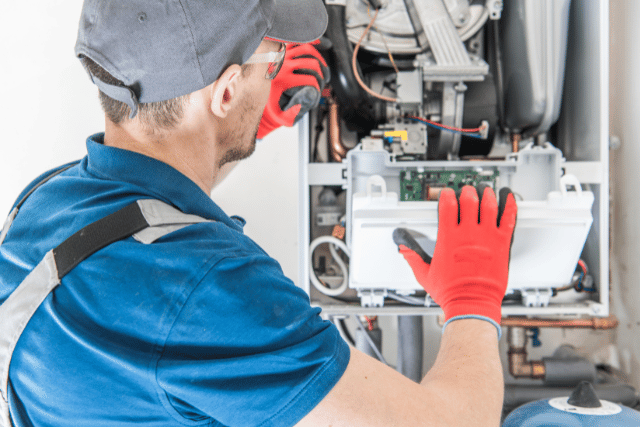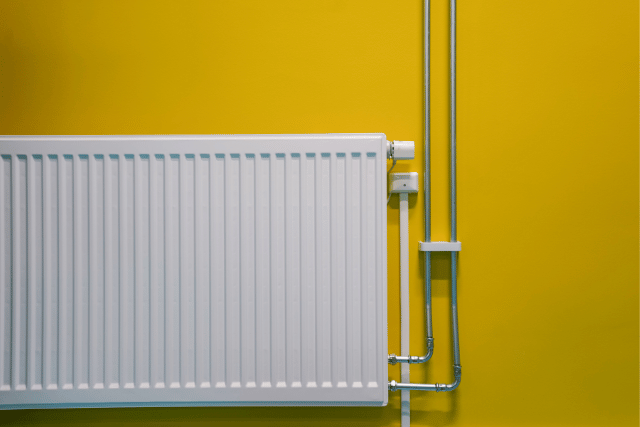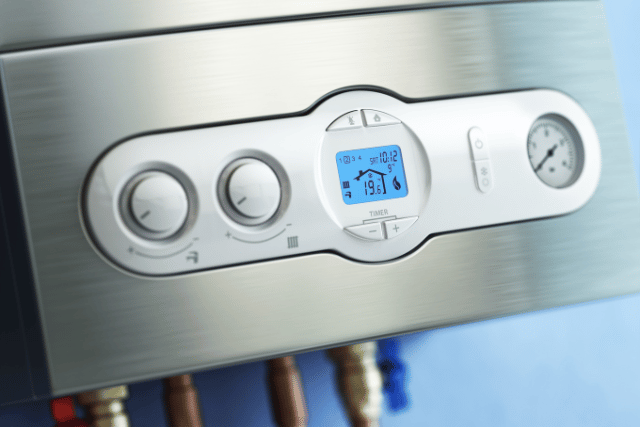I have no central heating can I get a grant?
Yes – you can get a grant if you have no central heating in your home. The UK government has implemented a scheme to help people install central heating for the first time in their homes.
There are certain criteria that must be met to qualify for a first-time central heating grant. Fill out our eligibility form to see if you qualify for a central heating grant, and we will get in touch with you.
Income – to be eligible your household must earn under £31,000 per year. This is a total for everyone living in the same household, regardless of if you live alone or with other people.
Benefits – You must be receiving benefits to qualify for a first-time central heating grant. There are different benefits that make you eligible, this includes:
- Pension Credit
- Universal Credit
- Income-based Jobseekers allowance
- Income-related Employment & Support Allowance
- Income Support
- Housing Benefit
- Tax Credits (Child or Working Tax Credit)
- Warm Home Discount Scheme Rebate
Energy Efficiency – Your home must have a certain level of energy efficiency. This will be in the form of an Energy Efficiency Certificate (EFC). The lower the rating, the less energy efficient your home is. To be eligible for a first-time central heating grant your home must have an energy efficiency rating of D, E, F, or G.
Heating Type – You must not already have central heating installed in your home. The grant is designed to help people who do not currently have access to central heating in their homes.
Gas Connection – Your home must have a secure gas connection that was installed before April 2022. A secure gas connection is a requirement for many government grants for central heating systems because it is a safer and more reliable source of energy for heating. By requiring a secure gas connection, government grants for central heating aim to ensure that the heating systems installed are safe, reliable, and cost-effective.
Property Ownership – First-time central heating grants are only available to homeowners and private tenants. If you are a Landlord you can enquire about the grant on behalf of your tenant, but ultimately it is the tenant who is eligible as they are the ones who pay the energy bills for the property.
This is part of the UK government’s ECO4 scheme and commitment to reaching it’s Net Zero targets. By improving the energy efficiency of homes across the country, it will reduce energy consumption.

Are there any grants available for central heating?
Yes, there are several government grants and initiatives available for central heating systems in the UK.
The Energy Company Obligation (ECO): The ECO4 scheme provides funding to low-income households to upgrade their heating systems and improve energy efficiency. This includes grants like the first-time central heating grant.
The Affordable Warmth scheme: Another option for low-income households, which provides funding for central heating and insulation improvements.
The Green Homes Grant: A scheme that provides vouchers to UK homeowners and landlords to cover up to two-thirds of the cost of energy-efficient home improvements, including central heating upgrades.
In addition to these government-funded programs, some utility companies in the UK also offer their own grants and incentives for central heating upgrades.
Can I get a government grant to install central heating?
You can get a government grant to install central heating. To be eligible you must meet the criteria that we previously listed.
To find out if you are eligible for a central heating grant, please fill out our eligibility form.

Can I get a grant for gas central heating?
Yes, you can get a grant for gas central heating. The first-time central heating grant can provide installation of the following types of central heating boilers:
- Mains Gas Boiler
- Biomass Boiler
- LPG Boiler
- Air Source Heat Pump
- Ground Source Heat Pump
- Electric Boiler
Whether gas or electric central heating is better depends on various factors, including cost, energy efficiency, and personal preferences.
- Cost: The cost of running a gas central heating system can be lower than an electric central heating system, particularly if natural gas is cheaper than electricity in your area. However, the cost of installation and maintenance of a gas central heating system is typically higher than an electric system.
- Energy Efficiency: Gas central heating is typically more energy-efficient than electric heating, as natural gas has a higher energy density and burns more efficiently than electricity.
- Environmental impact: Natural gas is a fossil fuel, and its use contributes to greenhouse gas emissions. On the other hand, electric central heating systems can be powered by renewable energy sources, making them a more environmentally friendly option.
- Location: The availability of natural gas and electricity can affect which type of heating system is a better option. If natural gas is not readily available in your area, electric central heating may be a more viable option.
- Personal preferences: Some people prefer the instant heat provided by electric heating, while others prefer the consistent heat of a gas system.
Ultimately, the choice between gas and electric central heating depends on your specific needs and circumstances. Please contact us to learn more about central heating grants and to see if you are eligible.


